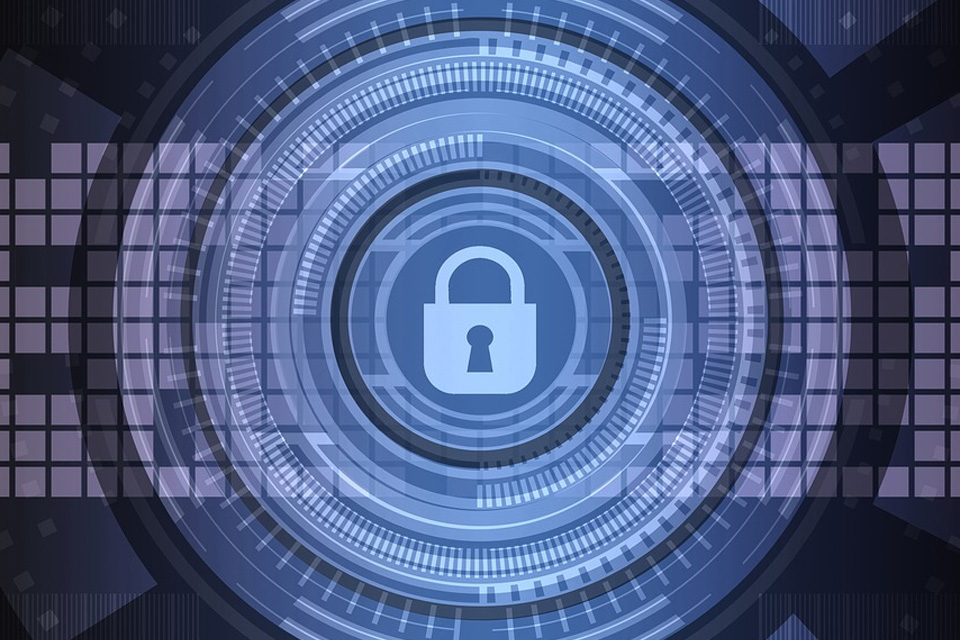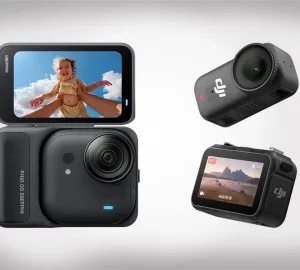3 minute read
The average person nowadays holds their entire life on their phones. We use our phones to pay for shopping and groceries, we store confidential data in its memory, and use it to read emails, process documents, and stay in touch with friends and family.
However, most people rarely think what would happen if their device would fall in the wrong hands (in case of theft or loss) or if unwanted third parties would gain access to it using illegal methods.
When it comes to cybersecurity, the average non-tech person is quite clueless. However, nowadays, cybersecurity is a must, and we’re not just talking about installing the first free antivirus solution you can find.
So, if you start to get worried about the increasing number of cyberattacks or you’ve heard the story of an identity theft victim and want to learn more, here’s what everyone should know about being safe online.
Your Personal Data Needs Protection
Who would ever want my personal data?
The idea that an ill-intended actor can’t do much with your data is a common misconception among regular internet users. However, identity theft doesn’t happen overnight. Cybercriminals work diligently to put together comprehensive profiles of their victims (a complete profile sells quite high on the dark web).
A complete profile consists of a wide range of personal information from your social media accounts and email address to your bank accounts and social security number. All these data can be used to file loan applications or insurance claims in your name. So, in the end, you can be held accountable by the authorities.
To avoid such an unpleasant experience, it’s best to find a tool for identity theft protection which you can check on your phone and other regularly-used devices (like a laptop or a tablet).
The Cloud is Not 100% Safe
Nowadays most of us use the cloud without even realising. Apps like Google Drive, Photos, and others use cloud space to store large files and offer immediate access, regardless of device and location.
Of course, web-companies work hard to keep their cloud space secure, but according to official statistics, 43% of data breaches happen through cloud-based web applications.
So, the best way to stay safe is to make sure you don’t store any confidential or sensitive information on the cloud. You won’t have the same level of accessibility, but your data will be safe.
Don’t Update Later
One of the biggest mistakes someone can make in today’s day and age is delaying updates. Updates (for operating systems, apps, and other software tools) tend to come with security patches for security breaches identified after you’ve installed the product.
Moreover, it’s best to avoid installing apps and software from unauthorized sources. Platforms like Google App and App Store perform a security check and add credibility to the apps they allow in their space.
Use 2FA Systems
Passwords alone are no longer considered reliable because users don’t respect the requirements to make them hacker-proof. For instance, people tend to use the same (usually simple) password for multiple accounts. This means that, once an account is compromised, the others will follow.
So, to avoid having to memorize complicated passwords, it’s best to use two-factor authentication systems. This way, if the password is compromised, hackers won’t be able to gain access to your account.
Lastly, if an account of one of your devices has been breached, it’s important to act swiftly and take the necessary actions to limit the hacker’s reach into your digital life.






